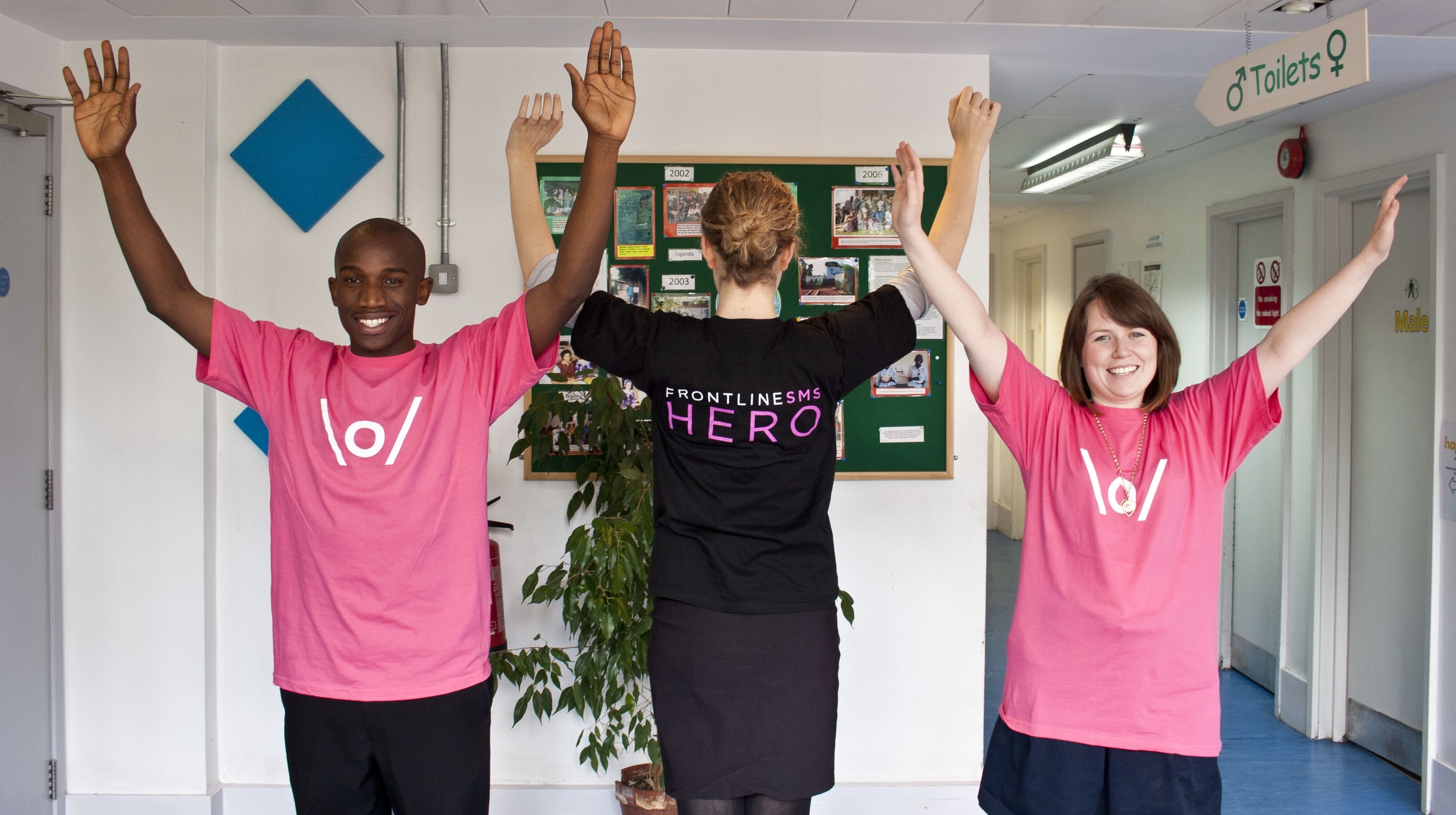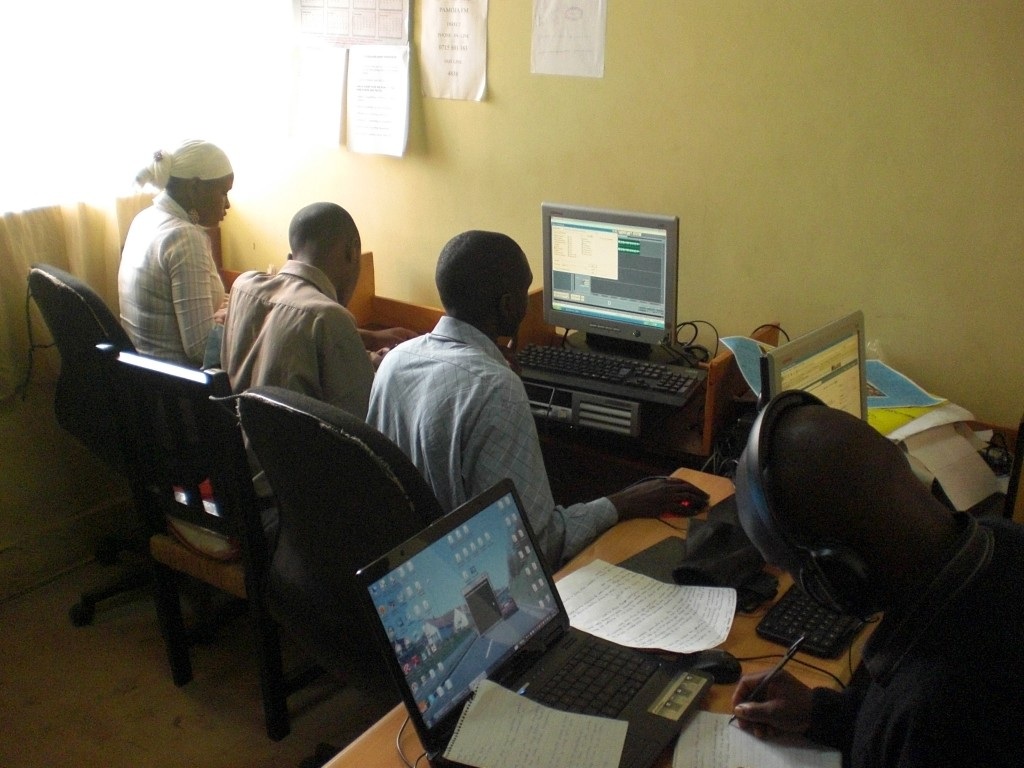img class="alignright" title="Newtactics2" src="http://www.frontlinesms.com/wp-content/uploads/2011/07/Newtactics2.png" alt="" width="213" height="70" />New opportunities are increasingly opening up for citizens to actively share information, produce media and participate in journalism. Later this week, from 27th July to 2nd August, FrontlineSMS will be taking part in an online dialogue hosted by the New Tactics in Human Rights project on the subject of “Using Mobile Phones for Citizen Media.” We would particularly encourage any FrontlineSMS users interested or active in this field of citizen media to participate in the discussion during the week to share your insightful contributions. FrontlineSMS team members, Amy and Sean, are looking forward to taking part in this discussion as they join a plethora of resource practitioners to share ideas about how to open opportunities for citizens to actively participate in journalism. In particular, FrontlineSMS are interested in how citizens are able to contribute to the media by utilising tools which are likely to be already in their hands: their mobile phone. We hope to draw on the experiences from the many FrontlineSMS users who operate in the media sector in order to share examples and case studies with the forum. Examples we have heard of include collection of SMS news tips at BreezeFM radio station in Zambia, journalists already reporting via SMS in Indonesia and the use of SMS to contribute to a TV series which tackles HIV in the Democratic Republic of Congo in a project called Rien que la Vérité (Nothing but the Truth).
This discussion is very timely, given the recent announcement that FrontlineSMS will soon be developing tools to enable digital news gathering using mobile phones, made possible by a $250,000 grant awarded through the Knight Foundation's News Challenge. Over the next two years we will be developing two key products for journalists and broadcasters: one to facilitate participatory journalism, interaction and collaboration from community members and audiences, and one to enable journalists to use their simple mobile phones as powerful reporting tools. As this new and exciting project takes off, we hope to utilise the opportunity of this week’s online dialogue to collect ideas and lessons learnt from other actors in the field. This will help us to gain perspective as we shape a customised tool which we hope will assist journalists and broadcasters to harness the power of their mobile phones.
Other participating resource practitioners:
- Melissa Ulbricht (co-facilitator) - MobileActive's staff writer, United States
- Becky Hurwitz - Project Manager at MobileActive and currently working on the SaferMobile project, United States
- Rich Jones of the Open Watch Project
- Mong Palatino - one of the founding conveners of TXTpower, Philippines
- Brian Conley and others of Small World News
- Sean McDonald and Amy O'Donnell of FrontlineSMS
- Alix Dunn - applied researcher in the role of digital tools in activism, Egypt
- John (Kipp) Kipchumbah of InfoNet, Kenya
- Sam duPont - Field Fellow for Dimagi, author of Global Mobile blog at at DC think tank NDN, Thailand and Philippines
- Patita Tingoi and others from Fahamu, Kenya
- Boukary Konaté and Eddie Avila from Rising Voices, Mali and Bolivia
You can follow and contribute to the discussion here from 27th July










